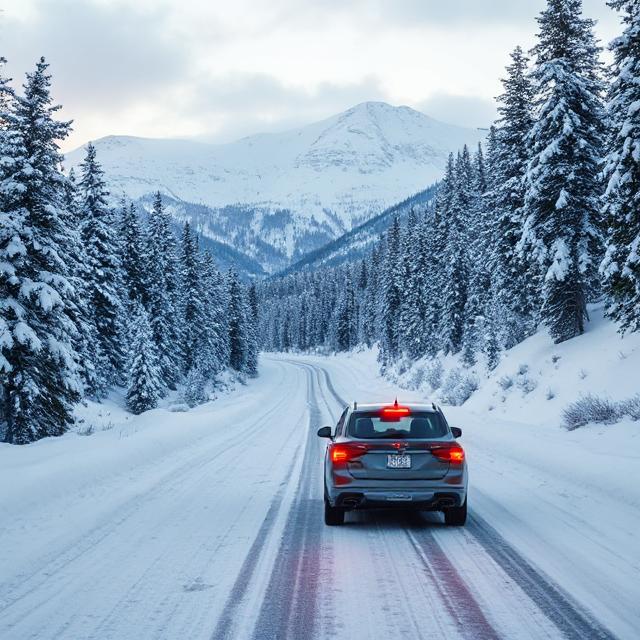 Colorado is known for its breathtaking mountains, outdoor adventure, and year-round recreation. But the same weather that makes the state a destination for skiers, hikers, and road trippers also creates unique dangers for drivers and pedestrians. Sudden snow squalls, icy passes, hailstorms, and flash floods all contribute to a higher risk of accidents on Colorado’s roads and in public spaces like sidewalks and parking lots. For those injured in these conditions, working with Aurora car accident lawyers can be crucial in pursuing compensation and protecting your rights.
Colorado is known for its breathtaking mountains, outdoor adventure, and year-round recreation. But the same weather that makes the state a destination for skiers, hikers, and road trippers also creates unique dangers for drivers and pedestrians. Sudden snow squalls, icy passes, hailstorms, and flash floods all contribute to a higher risk of accidents on Colorado’s roads and in public spaces like sidewalks and parking lots. For those injured in these conditions, working with Aurora car accident lawyers can be crucial in pursuing compensation and protecting your rights.
Snow and Ice on Mountain Roads
Winter in Colorado often brings heavy snow and freezing temperatures, particularly along the I-70 corridor and high altitude passes. Black ice is especially dangerous because it is nearly invisible until it’s too late. Drivers unfamiliar with winter conditions may overcorrect, lose control, or slide into other vehicles.
Safety tip: Always check CDOT’s road conditions before traveling through mountain areas and carry chains or snow tires during winter months.
Hailstorms and Reduced Visibility
Colorado is part of “Hail Alley,” one of the most hail-prone regions in the country. Large hail can shatter windshields, dent cars, and force drivers to make sudden, dangerous stops. Combined with torrential rain, hailstorms drastically reduce visibility and traction, making collisions more likely.
Safety tip: If a hailstorm begins, pull off the road in a safe spot rather than trying to drive through it.
Sudden Weather Changes in Colorado
Unlike many states, Colorado can see drastic shifts in weather within hours. A sunny afternoon can quickly turn into a whiteout blizzard, especially in mountain regions. These sudden changes catch drivers off guard, particularly tourists or new residents unaccustomed to the state’s unpredictable climate.
Safety tip: Keep an emergency kit with blankets, food, and water in your vehicle in case you become stranded.
Flash Flooding in Colorado Canyons and Low Areas
In the spring and summer, heavy rains can trigger flash floods in canyons, rural highways, and urban intersections. Fast-moving water can sweep away vehicles, even SUVs and trucks. Drivers who misjudge flood depth are at extreme risk of being stranded or worse.
Safety tip: Never attempt to drive through standing water. Turn around, don’t drown.
Legal and Safety Implications
While drivers cannot control Colorado’s weather, they are expected to adjust their behavior accordingly. That means slowing down in poor conditions, maintaining extra following distance, and avoiding risky maneuvers. Failing to do so may be considered negligence if an accident occurs.
Weather doesn’t just affect driving, it also contributes to slip and fall accidents in icy parking lots, snowy sidewalks, and wet store entrances. Property owners in Colorado are responsible for keeping their premises safe. If they fail to clear walkways or warn visitors of hazards, they may be held liable.
Victims injured in weather related crashes or falls often face challenges when filing insurance claims. In these cases, working with an experienced Colorado personal injury attorney or Colorado slip and fall attorney can make a difference in securing compensation for medical bills, lost wages, and recovery.
Staying Ahead of Colorado’s Unpredictable Weather
Colorado’s weather is as beautiful as it is unpredictable. From icy mountain passes to sudden hailstorms and flash floods, residents and visitors face unique risks every season. By staying prepared, driving cautiously, and knowing your legal rights, you can reduce your chances of becoming a statistic on Colorado’s roads or sidewalks.



No Comment